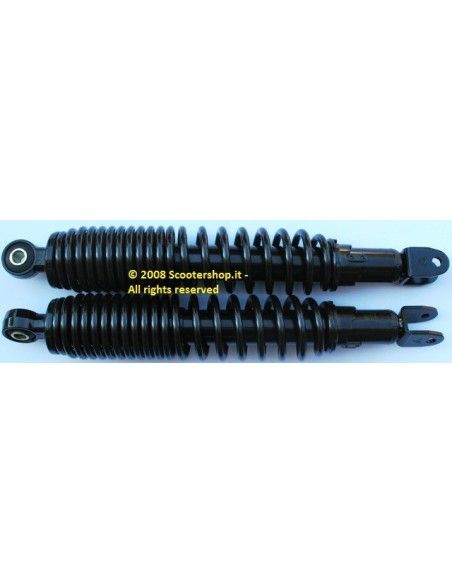
AMMORTIZZATORI POSTERIORI MALAGUTI MADISON 3 250 DAL 2006 AL 2012 "RINFORZATI""" | eBay

01006103 Ammortizzatore idraulico posteriore destro o sinistro originale Malaguti per maxi scooter Madison 200 cc e Madison RS 250 cc , ricambio 01006103

Ammortizzatori: Ammortizzatori Posteriori Malaguti Madison R S Rs Phantom Max 180 200 250 Rif. 01006103

01006103 Ammortizzatore idraulico posteriore destro o sinistro originale Malaguti per maxi scooter Madison 200 cc e Madison RS 250 cc , ricambio 01006103

Coppia ammortizzatori posteriori BITUBO YGB Madison 125-150/ S 250 - Ammortizzatori - EasyParts.it - Ricambi e accessori per scooter e motorini




















